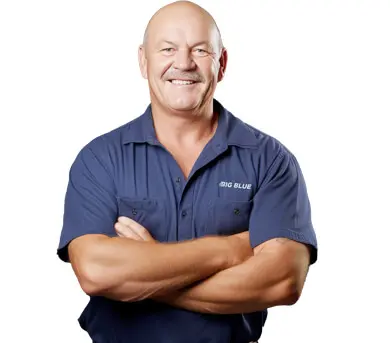When it comes to maintaining a hassle-free home, having a well-functioning plumbing system is essential. From leaky faucets to clogged drains, plumbing issues can disrupt our daily lives and cause unnecessary stress. That’s why it’s important to have access to insider tips from a trusted professional who knows the ins and outs of plumbing on the Sunshine Coast.
Get ready for some top-notch advice and insights from an experienced Sunshine Coast plumber. Whether you own your home, rent it, or are just curious about plumbing, this guide is your go-to resource for handling common plumbing issues.
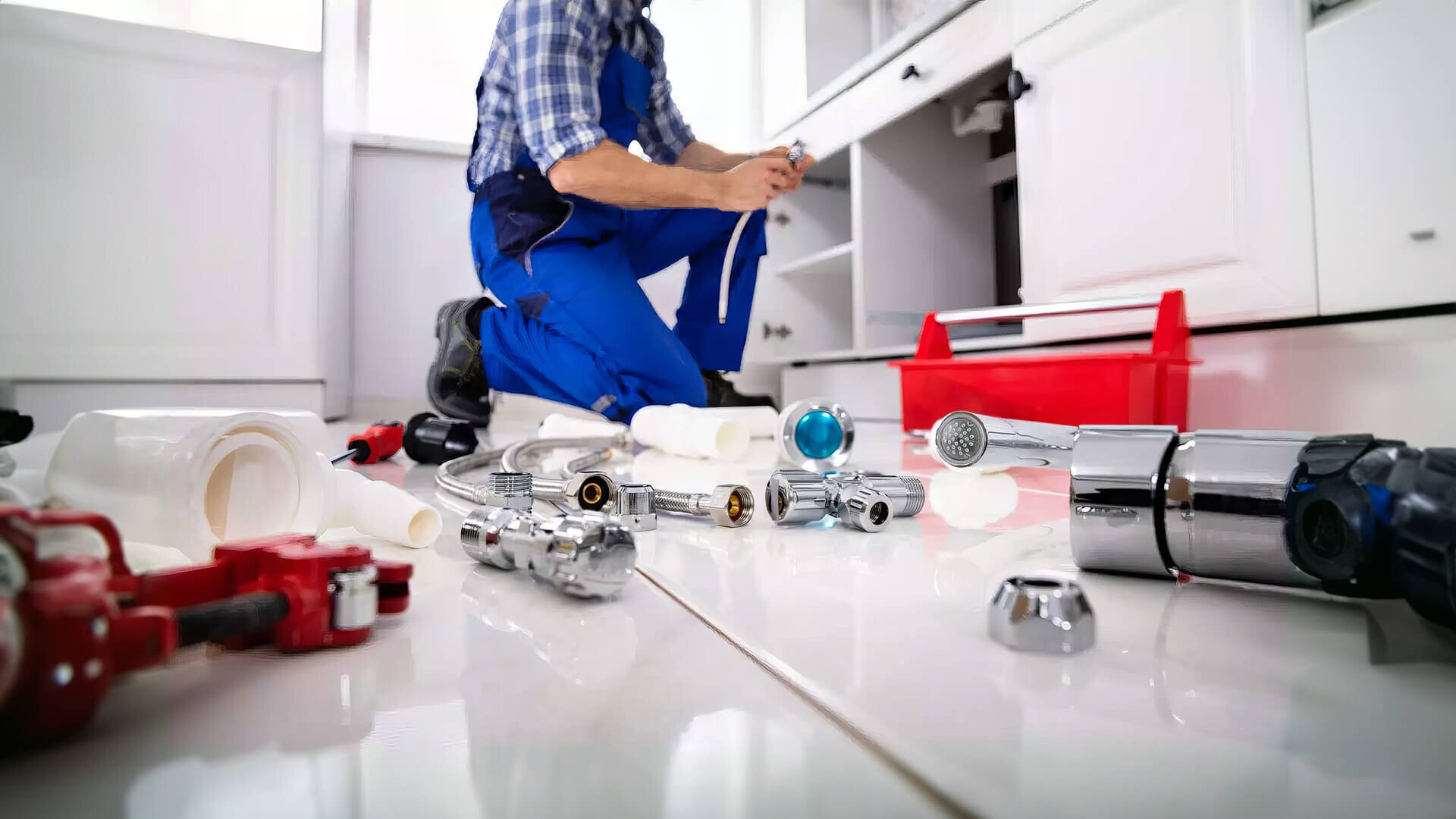
Preventing Plumbing Leaks: Insider Tips
Plumbing leaks are every homeowner’s worst nightmare, leading to costly damage and inconvenience. Being proactive is essential to keep your home leak-free. Here, we’ll share expert insights and strategies to help you do just that.
1. Regular Inspection
Performing routine inspections is crucial in identifying potential leaks before they escalate into significant issues. Examine all visible plumbing fixtures, such as faucets, showerheads, and toilets, for any signs of leaks or dripping. Pay attention to water stains, mould growth, or musty odours, as these can indicate hidden leaks within walls or beneath the flooring.
2. Monitor Water Pressure
Excessive water pressure can strain pipes and joints, leading to leaks over time. Invest in a pressure gauge to measure the water pressure in your home. Ideally, the pressure should range between 30 and 80 pounds per square inch (psi). Consider installing a pressure-reducing valve to protect your plumbing system if it exceeds this range.
3. Insulate Exposed Pipes
During colder months, exposed pipes are susceptible to freezing, resulting in burst pipes and subsequent leaks. Insulating pipes in unheated areas such as attics, basements, and crawl spaces is essential to prevent freezing. Use pipe insulation sleeves or heat tape to provide a protective barrier and maintain a consistent temperature.
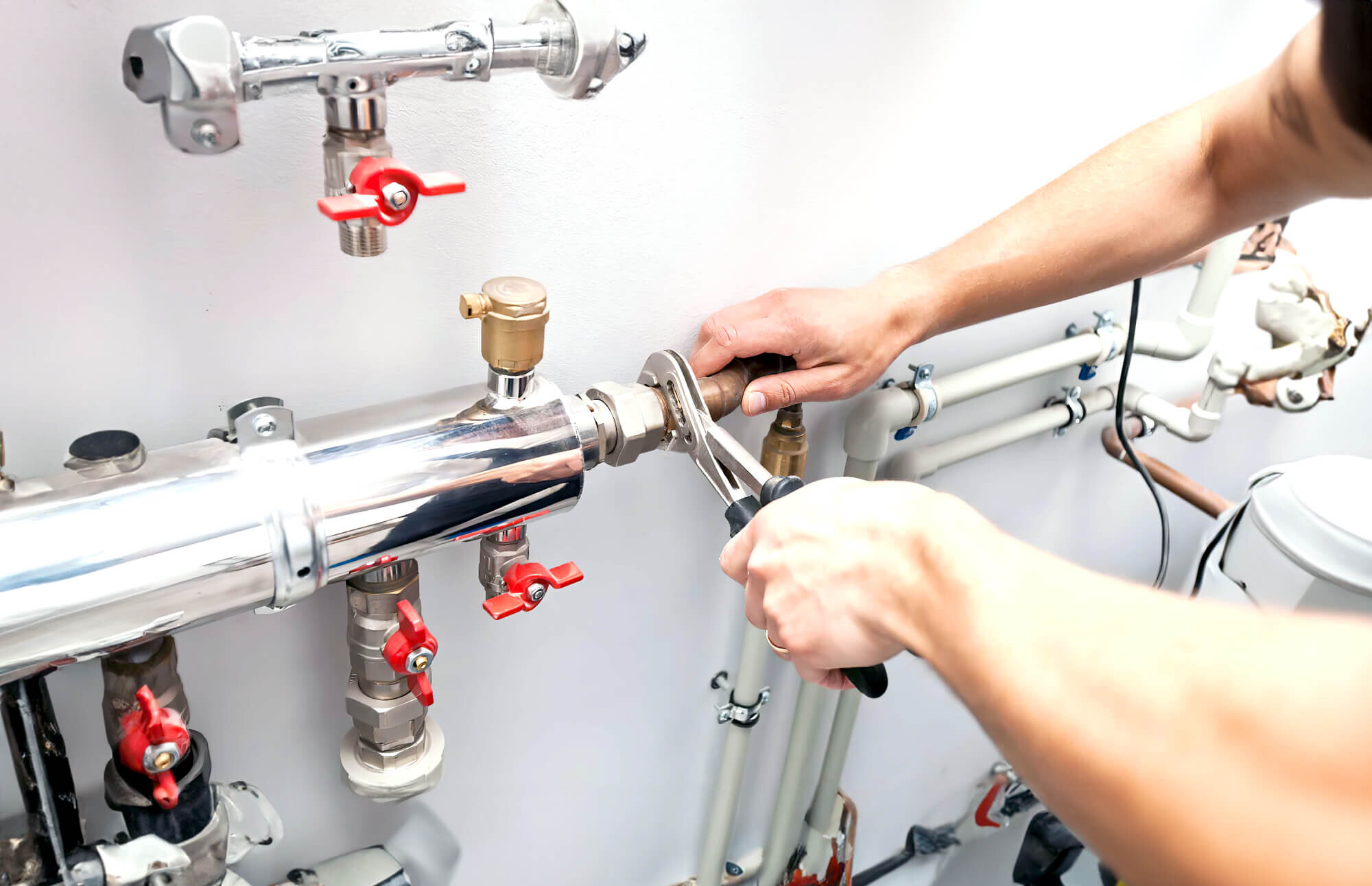
4. Mindful Landscaping
Landscaping around your property can inadvertently damage underground pipes. Check their root systems before planting trees or shrubs to ensure they won’t intrude upon your plumbing infrastructure. Additionally, avoid using heavy machinery near plumbing lines to prevent accidental damage.
5. Proper Drain Maintenance
Clogged drains can lead to increased pressure within pipes, potentially causing leaks. Implement good drain maintenance practices, such as using drain strainers to catch hair, food particles, and other debris. Regularly clean drains using natural remedies or specialised drain cleaners to prevent build-up and blockages.
6. Adequate Pipe Maintenance
Proactively maintaining your plumbing pipes can significantly reduce the risk of leaks. Consider scheduling professional pipe inspections to assess their condition and identify any signs of corrosion, deterioration, or weak joints. If needed, replace old or damaged pipes promptly to avoid potential leaks.
7. Be Mindful of Chemicals
Certain harsh chemicals commonly found in cleaning products can corrode pipes and lead to leaks over time. Avoid pouring chemical drain cleaners or abrasive substances down drains. Instead, opt for environmentally friendly alternatives and use them sparingly to preserve the integrity of your plumbing system.
Following these expert strategies and implementing preventive measures can greatly reduce the likelihood of plumbing leaks in your home. Remember that early detection and swift action are key to preventing small issues from escalating into major problems. By prioritising regular maintenance and adopting prudent habits, you can enjoy a leak-free home and ensure the longevity of your plumbing system.
Dealing with Clogged Drains: Expert Solutions
A clogged drain can be a frustrating and inconvenient problem to deal with. Whether it’s a slow-draining sink, a backed-up shower, or a completely blocked toilet, clogged drains can disrupt our daily routines and cause unnecessary stress. This section will explore some tried-and-tested methods plumbing professionals recommend to unclog your drains and restore proper flow.
1. Use a Plunger
A plunger is one of the simplest and most effective tools for unclogging drains. It works by creating pressure and suction to dislodge the blockage. To use a plunger, ensure enough water in the sink, tub, or toilet bowl to cover the suction cup. Place the plunger over the drain, push down firmly, and then pull up quickly. Repeat this motion several times until the water starts to drain. You may need to repeat the process multiple times or combine it with other methods for tougher clogs.
2. Try a Drain Snake or Auger
A drain snake, also known as an auger, is a flexible tool designed to navigate through the pipes and break up clogs. It can reach deeper into the drain than a plunger and is particularly useful for removing stubborn blockages in your kitchen sink or when dealing with a clogged toilet.
Insert the auger into the drain and rotate it clockwise while pushing forward. If you encounter resistance, continue rotating and pushing until the blockage breaks apart. Once the clog is cleared, run hot water to flush out any remaining debris.
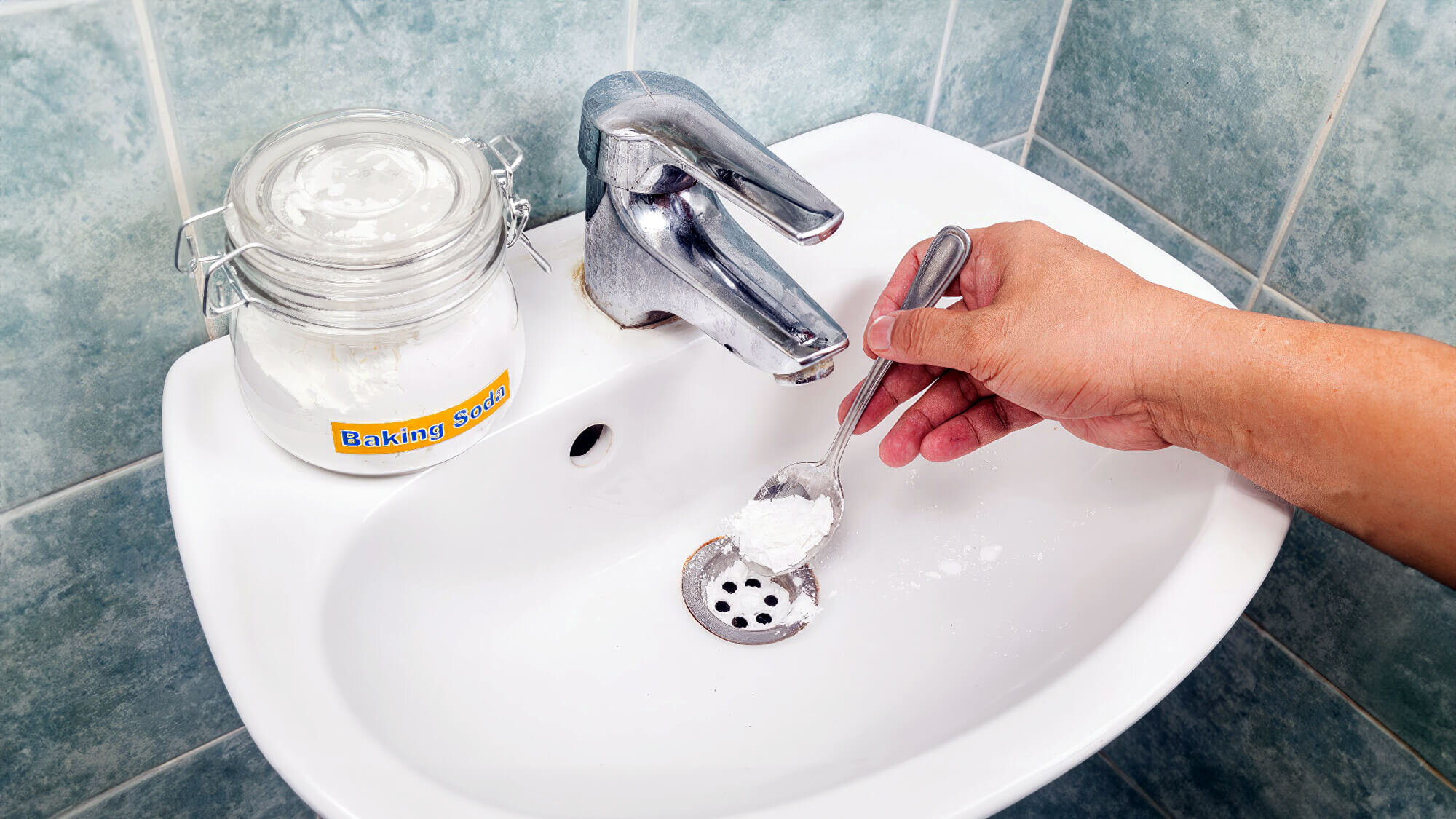
3. Utilise Baking Soda and Vinegar
A natural and chemical-free approach to unclogging blocked drains involves combining baking soda and vinegar. Start by pouring a pot of boiling water down the drain to loosen any greasy substances. Then, pour half a cup of baking soda and half a cup of vinegar. Cover the drain with a plug or cloth to contain the fizzing reaction. After about 30 minutes, flush the drain with hot water. This method can help break down organic matter and clear minor blockages.
4. Use Chemical Drain Cleaners with Caution
Chemical drain cleaners can effectively remove clogs but should be used cautiously. These products contain strong chemicals that can harm you, your pipes, and the environment if not used properly. If you use a chemical drain cleaner for a plumbing job, carefully follow the instructions, wear protective gloves and eyewear, and ensure proper ventilation. Avoid mixing different drain cleaners or using them after other drain-clearing methods, as this can cause dangerous chemical reactions.
5. Call a Professional Plumber
If you’ve tried the above methods without success or are dealing with a severe or recurring blocked drain, it may be time to call a professional plumber. Experienced plumbers have the expertise, tools, and equipment to diagnose the underlying cause of the clog and provide appropriate solutions. They can use techniques like hydro-jetting, which involves high-pressure water to clear out stubborn blockages and thoroughly clean the pipes.
In addition to these tips for dealing with a clogged toilet or blocked drains, it’s important to practice proactive maintenance. Avoid flushing excessive toilet paper, and be mindful of what goes down your kitchen sink. Regularly inspect your water heater for any signs of a leaking water heater, which can cause significant damage if not addressed promptly. By following these essential tips, you can maintain your plumbing system effectively and prevent future issues.
Eco-Friendly Plumbing Solutions for a Sustainable Home
In today’s world, where environmental sustainability has become an urgent global priority, adopting eco-friendly practices in every aspect of our lives is crucial. One area where we can make a significant impact is in our homes, mainly through eco-friendly plumbing solutions. By incorporating sustainable plumbing practices, we can conserve water, reduce energy consumption, and minimise our carbon footprint.
One of the primary eco-friendly plumbing solutions is the installation of low-flow fixtures. These fixtures, such as low-flow toilets, showerheads, and faucets, are designed to limit water flow without compromising performance. By replacing old, water-guzzling fixtures with low-flow alternatives, homeowners can conserve water, saving resources and money on utility bills.
Another key to eco-friendly plumbing is using water-efficient appliances. Dishwashers and washing machines, for instance, can consume a lot of water. By choosing models with high Energy Star ratings, you’ll use less water and energy. Plus, a dual-flush toilet offers both full and light flush options, helping to save even more water.
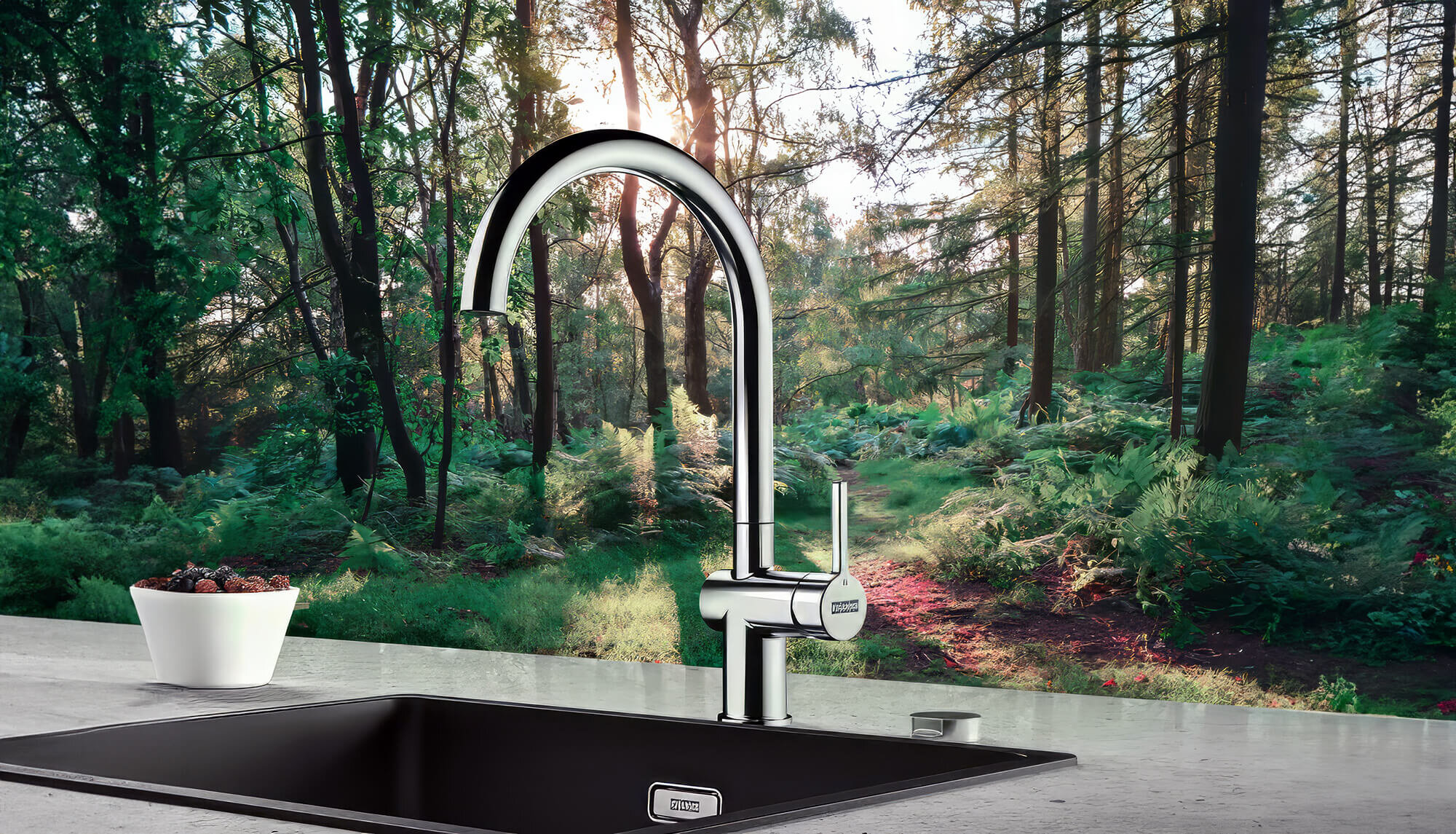
Proper insulation and maintenance of plumbing systems are also essential for sustainability. Insulating hot water pipes prevents heat loss during water transportation, reducing the energy required to heat water. Regular maintenance, including fixing leaks and repairing dripping faucets, saves water and prevents potential water damage, thus reducing overall water waste.
Rainwater harvesting is another eco-friendly plumbing solution that can be implemented to conserve water. By collecting rainwater from rooftops and storing it in tanks, homeowners can use it for non-potable purposes such as irrigation, washing cars, and flushing toilets. Rainwater harvesting reduces the strain on municipal water supplies and helps prevent stormwater runoff, which can contribute to water pollution.
Finally, greywater systems are fantastic for sustainability. Greywater is wastewater from sinks, showers, and laundry. By treating and reusing it for things like toilet flushing or garden watering, you can cut down on fresh water use. This can be as simple as manually diverting the water or setting up a more advanced filtration system.
The Importance of Regular Plumbing Inspections
Regular plumbing inspections are of utmost importance for maintaining a healthy and functional plumbing system in your home. These inspections involve thoroughly examining your pipes, fixtures, and drainage systems by a professional plumber to identify any potential issues before they escalate into major problems.
By investing in regular pipe inspections, you can ensure the longevity of your plumbing system, prevent costly repairs, and promote your home’s overall safety and efficiency.
One significant benefit of regular plumbing inspections is the early detection of plumbing problems. Even seemingly minor issues, such as leaks, drips, or slow drains, can indicate underlying problems that, if left unaddressed, may worsen over time.
During an inspection, a plumber can identify these issues and provide timely repairs or maintenance, preventing them from developing into more significant, more costly problems. By catching plumbing issues early, you can save yourself from the inconvenience and expense of emergency repairs.
Furthermore, plumbing inspections can help you identify unnoticed water leaks. Undetected leaks can cause significant damage to your property, leading to mould growth, structural damage, and even compromising your home’s foundation. Regular inspections can help identify hidden leaks, such as those behind walls or under floors, and allow for prompt repairs to prevent further damage.
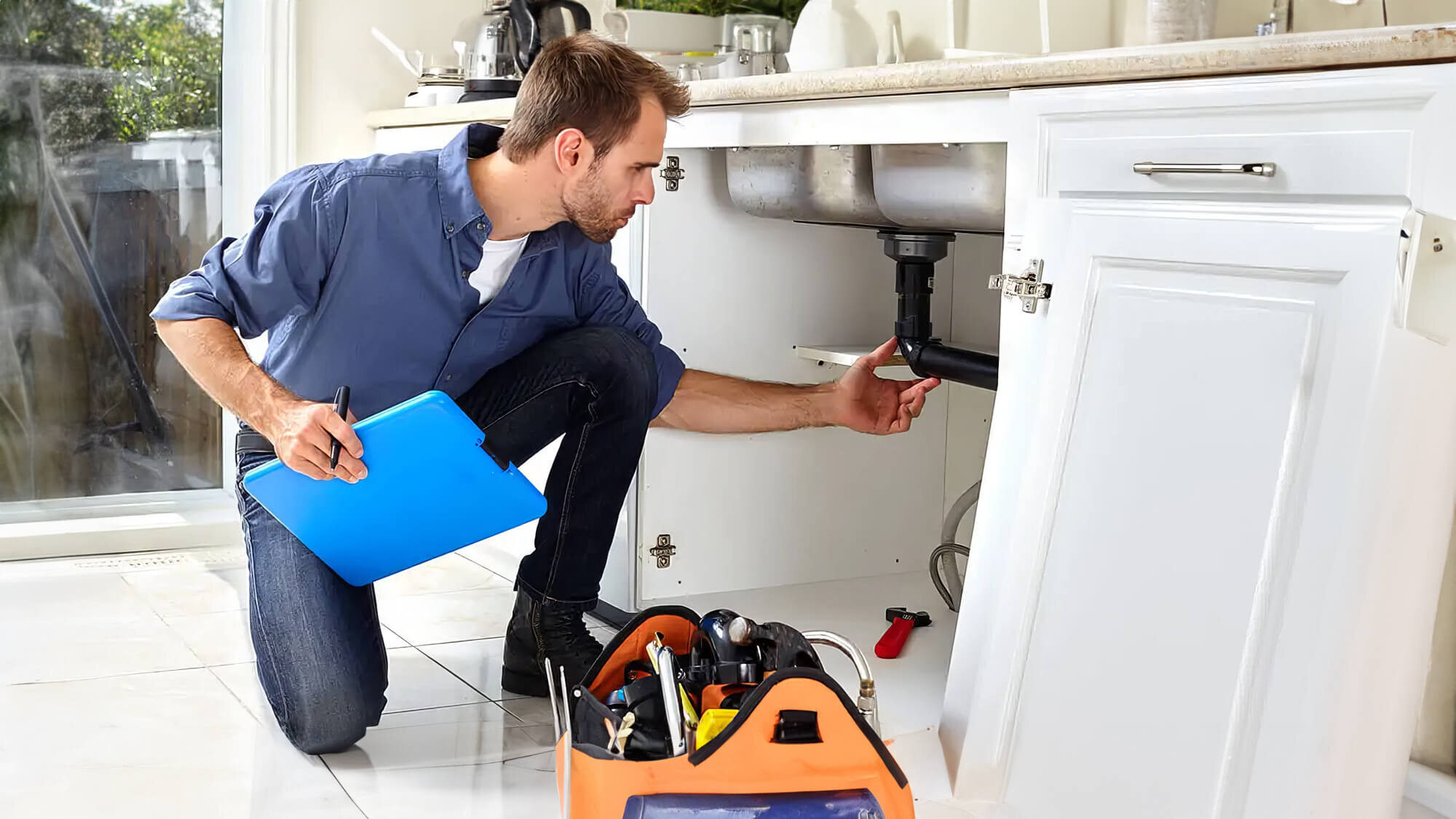
Another crucial aspect of plumbing inspections is evaluating the efficiency of your plumbing system. A skilled plumber can assess your water pressure, check for any signs of corrosion or mineral build-up in pipes, and ensure that all fixtures function optimally.
This evaluation helps identify areas where improvements can be made to enhance water flow, conserve water, and reduce utility costs. Inspections can also include checks for potential cross-connections or backflow issues, which can contaminate your water supply and pose health risks.
Plumbing inspections are especially beneficial for older homes or properties with outdated plumbing systems. Over time, pipes can deteriorate, become corroded, or develop leaks due to wear and tear.
Regular inspections allow you to stay proactive and address any aging or deteriorating components before they cause extensive damage. In some cases, a plumber may recommend pipe replacements or upgrades to ensure the longevity and reliability of your plumbing system.
Lastly, regular plumbing inspections provide peace of mind. Knowing your plumbing system is in good condition and functioning correctly can alleviate worries about unexpected breakdowns or water damage. It allows you to maintain a comfortable and safe living environment for yourself and your family without the constant fear of plumbing emergencies.
Frequently Asked Questions
1. How can I prevent plumbing leaks in my home?
You can take several key steps to prevent plumbing leaks in your home.
First, regularly inspect your plumbing system for any signs of leaks, such as water stains, drips, or dampness. Promptly address any issues you discover to prevent them from worsening.
Additionally, insulate exposed pipes, particularly during colder months, to protect them from freezing and potentially bursting. Maintaining moderate water pressure is also crucial, as excessive pressure can strain pipes and lead to leaks.
Consider installing a pressure regulator to control and maintain safe water pressure levels. Proper waste disposal is essential, too; avoid flushing non-biodegradable items or pouring grease down the drains, as they can clog pipes and cause leaks.
Lastly, periodic professional inspections of your plumbing system can help detect hidden issues and ensure proper maintenance. These preventative measures can significantly reduce the risk of plumbing leaks and protect your home from water damage.
2. What should I do if I have a clogged drain?
If your drain’s clogged, start with a plunger to clear it. If that doesn’t work, try a drain snake or a simple mix of baking soda and vinegar. Still stuck? It’s wise to call in a plumber to avoid any further damage to your pipes.
3. How often should I have my plumbing system inspected?
It is recommended to have your plumbing system inspected by a professional plumber at least once a year. This regular inspection helps identify potential issues early on, allowing for timely repairs and maintenance.
Additionally, suppose you notice any signs of plumbing problems, such as leaks, slow drains, or unusual noises. In that case, it is essential to have your system inspected promptly, regardless of the regular inspection schedule. Regular maintenance and timely inspections can prevent major plumbing issues and ensure the proper functioning of your plumbing system.
4. Are there any eco-friendly plumbing solutions available?
Several eco-friendly plumbing solutions are available that can help conserve water, reduce energy consumption, and minimise environmental impact.
One such solution is the installation of low-flow fixtures, such as low-flow toilets, faucets, and showerheads. These fixtures are designed to use less water without compromising performance, helping conserve water and lowering water bills.
Another eco-friendly plumbing solution is greywater recycling. Greywater refers to gently used water from sinks, showers, and laundry. By installing a greywater recycling system, this water can be treated and reused for purposes like landscape irrigation, reducing the need for fresh water and conserving resources.
Rainwater harvesting is another sustainable plumbing solution. Rainwater from rooftops can be collected and stored in tanks for irrigation, toilet flushing, and laundry, reducing the reliance on municipal water sources.
Furthermore, insulating hot water pipes can minimise heat loss, save energy, and reduce carbon emissions. Additionally, energy-efficient water heaters, such as tankless or heat pump water heaters, can be installed to reduce energy consumption.
Notably, these eco-friendly plumbing solutions benefit the environment and can result in long-term cost savings for homeowners. Consulting with a professional plumber can help determine the most suitable eco-friendly solutions for your specific needs and maximise their effectiveness.
5. What are some common plumbing issues in Sunshine Coast homes?
Some common plumbing issues in Sunshine Coast homes include leaky faucets, clogged drains, running toilets, water heater problems, and burst pipes. The coastal environment can also lead to issues like corrosion in pipes and fixtures.
Additionally, tree roots can invade underground pipes, causing blockages and leaks. Heavy rainfall can sometimes overwhelm the drainage system, resulting in sewer backups. Addressing these issues promptly is essential to prevent further damage and water wastage.
Seeking professional plumbing services can help efficiently diagnose and resolve these common plumbing problems in Sunshine Coast homes.
Unlocking Plumbing Secrets for a Worry-Free Sunshine Coast Home!
In conclusion, plumbing solutions play a crucial role in maintaining a hassle-free home. The insider tips a Sunshine Coast plumber shares provide valuable insights into keeping our homes running smoothly and avoiding plumbing emergencies. With the expertise and experience of professionals like Big Blue Plumbing, homeowners can rest assured that their plumbing needs will be met with precision and care.
Don’t wait for a plumbing emergency; be proactive and call Big Blue Plumbing to ensure a hassle-free and well-maintained home for years.
